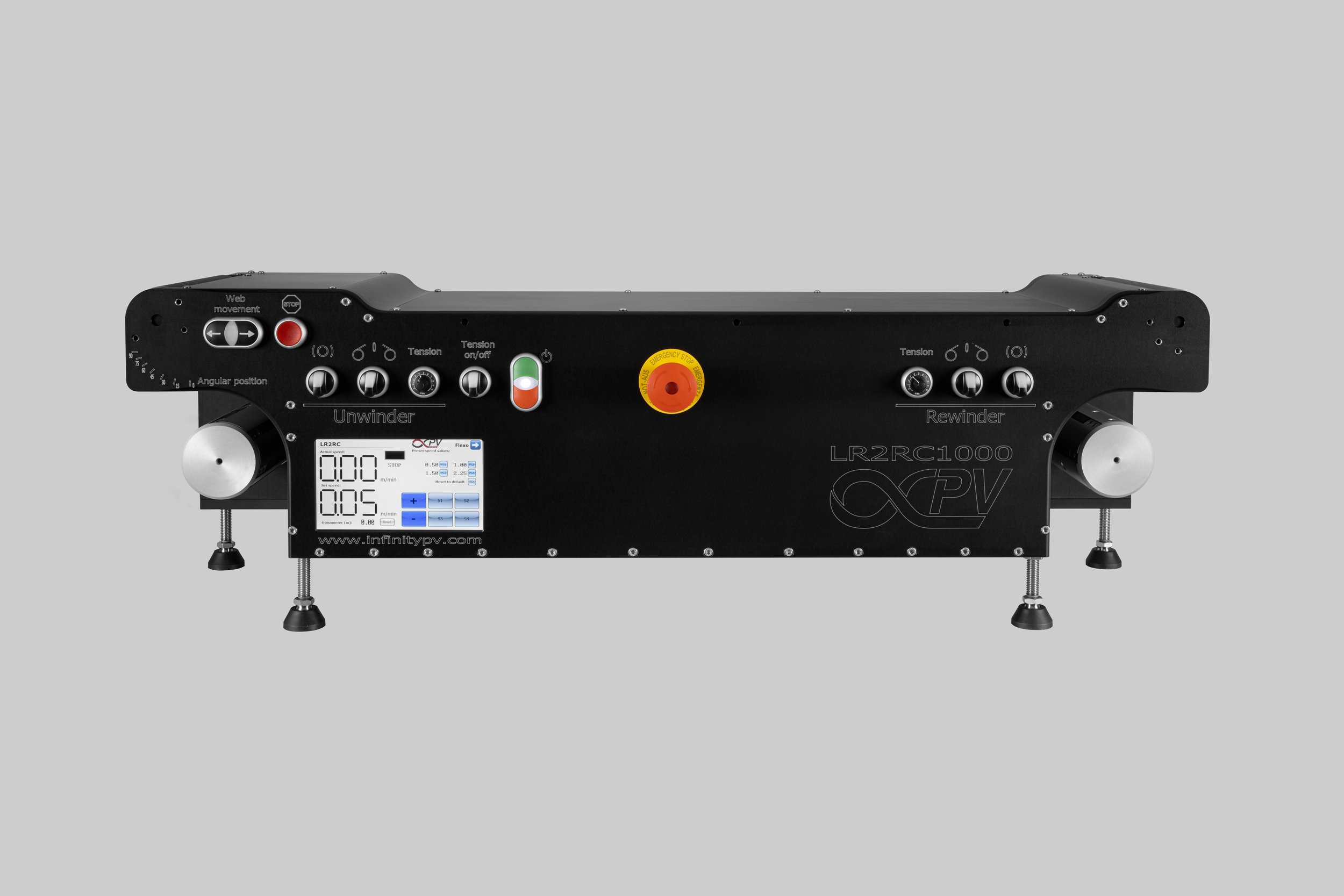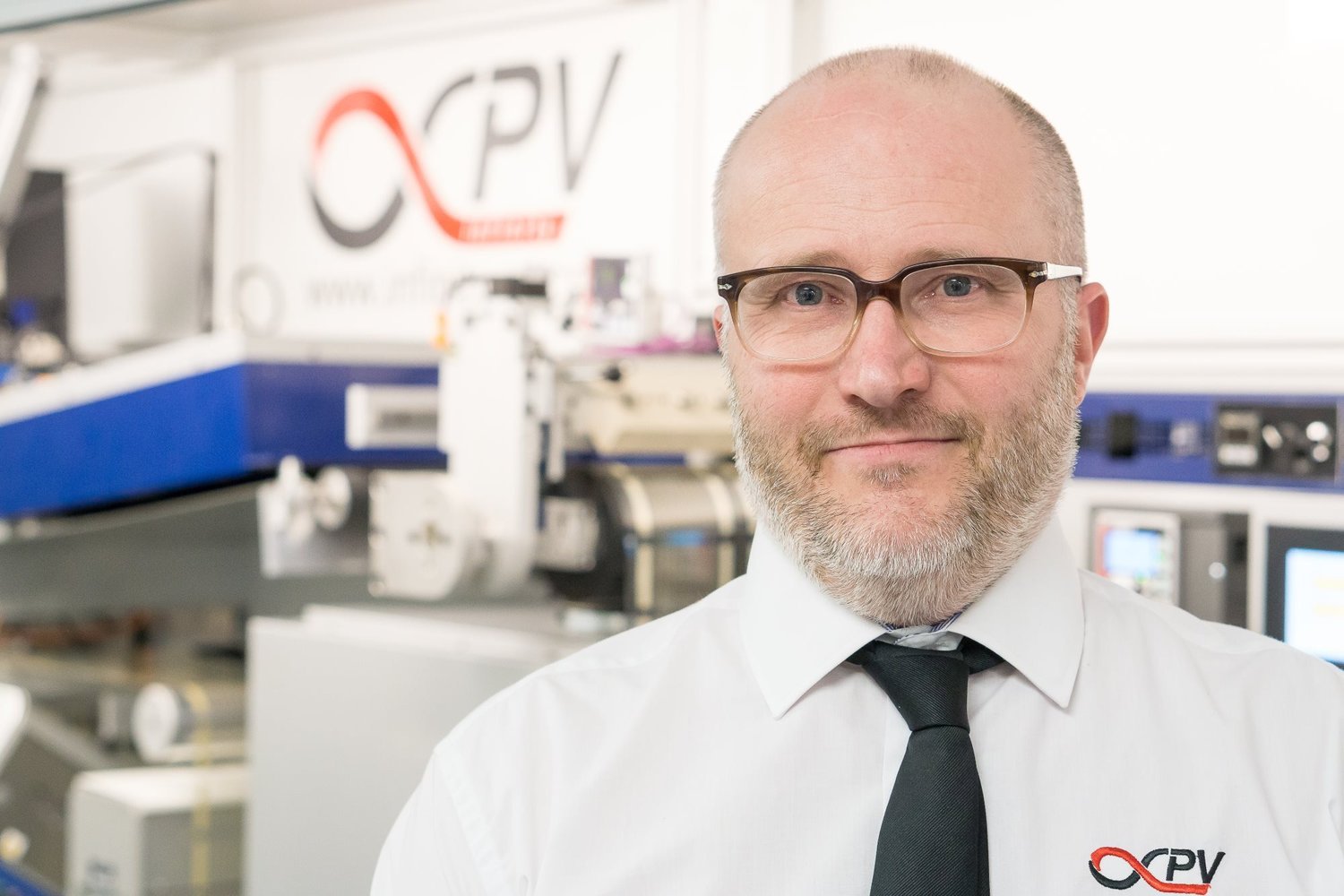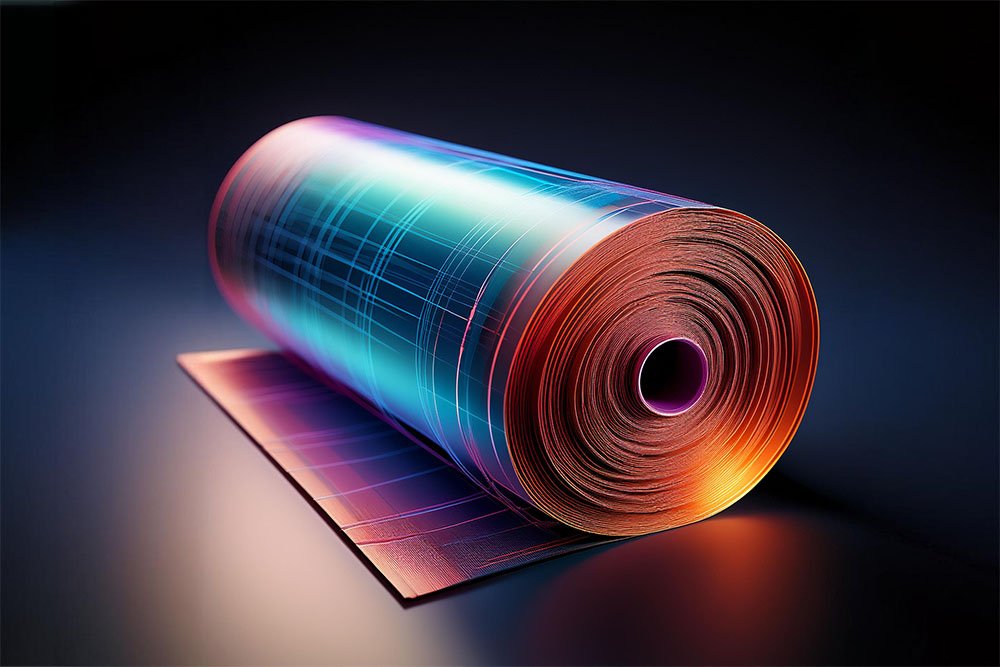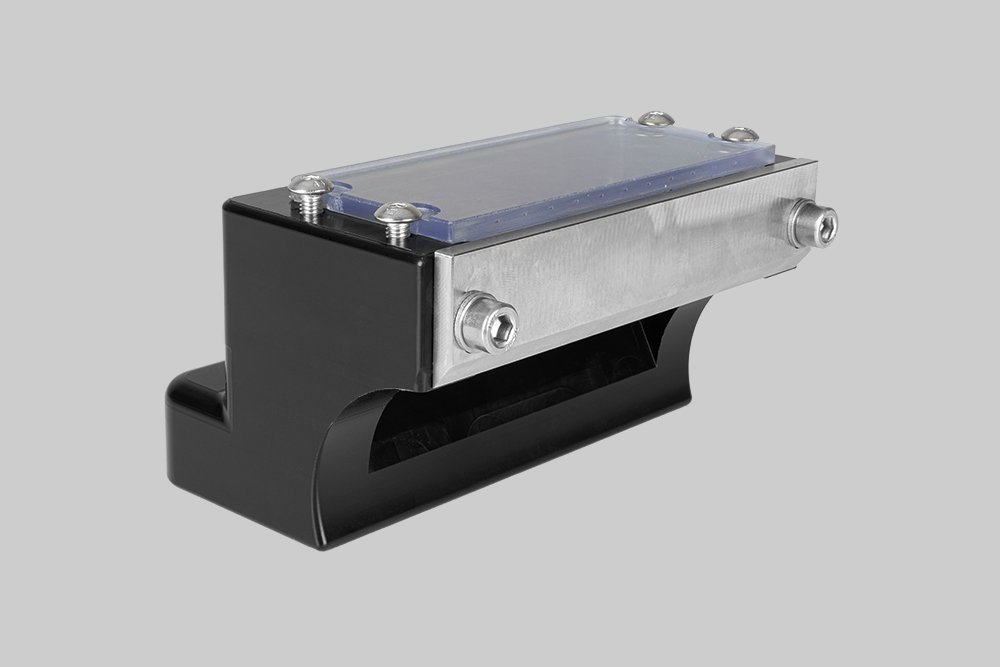Maximizing Efficiency with Roll-to-Roll Coating
Why and When to Use Roll-to-Roll Coating
Roll-to-roll coating is ideal when working with flexible substrates that need continuous processing. It is best suited for high-throughput production environments where coating uniformity, scalability, and repeatability are crucial. R2R systems are used to apply functional layers such as conductive inks, barrier films, adhesives, active layers for energy devices, and more.
The continuous nature of R2R offers seamless integration of multiple steps, such as substrate cleaning, surface treatment, coating, drying, curing, lamination, and even inspection — all in one streamlined setup. The benefits compound when paired with slot-die coating, which allows for exact control of wet film thickness and coating width.
Slot-die coating, in particular, is widely used in roll-to-roll systems because it delivers:
High precision, even at fast web speeds
Minimal material waste due to dead volume control
Excellent layer uniformity across large areas
Compatibility with multilayer coating in tandem setups
Ability to coat thin layers (down to sub-micron levels)
When you are scaling a material or device technology from lab to pilot or production scale, roll-to-roll coating with slot-die deposition becomes essential for bridging that transition efficiently and cost-effectively.
Key Advantages of Slot-Die Coating in R2R
Slot-die coating is a pre-metered coating technique, meaning the amount of material deposited is defined by flow rate, coating gap, and web speed. This is in contrast to post-metered systems like blade or rod coating, where excess material is scraped off. In an R2R line, slot-die heads are usually mounted above the moving web and dispense material uniformly through a precision-machined slit.
Engineers favor slot-die coating in roll-to-roll because it offers a high degree of parameter control. By adjusting pump rate and substrate speed, you can fine-tune the wet film thickness in real time. This level of precision is crucial when applying expensive or sensitive formulations — such as nanoparticle suspensions, perovskite inks, or polymer blends — where wasting material or applying non-uniform layers could compromise the entire product.
From an equipment perspective, slot-die heads must be engineered to maintain clean, uniform flow. Dead volume should be minimized to prevent material waste and ensure quick transitions between formulations. Material compatibility is also critical — advanced slot-die heads are often made from PEEK, stainless steel, or titanium to handle aggressive chemistries.
Proper integration of slot-die coating into an R2R setup also requires control of:
Web tension across all rollers to avoid defects
Coating gap (distance from die to substrate)
Alignment of the coating head with respect to the moving web
Surface energy of the substrate (often improved using corona or plasma treatment)
Drying profile, matched to coating speed and solvent volatility
With precise tuning, slot-die coating enables defect-free, scalable manufacturing — even for complex multilayer stacks.
Coating Equipment for Roll-to-Roll Coating
We offer a compact and modular system for precision coating, printing, and processing of functional materials on flexible substrates. Whether you're working in a compact lab or a larger research facility, our Laboratory Roll-to-Roll Coater can be tailored to your specific application needs.
Laboratory Roll-to-Roll Coater
A compact, high-precision lab coater revolutionizing thin film processing. It features modular customization, scalable efficiency for small-scale production, and a user-friendly design. Watch our short explainer video to get a complete overview of the system and its features.
How to Customize Your Machine
The Laboratory Roll-to-Roll Coater can be customized to your exact needs and size requirements. Select a platform, choose your components and get a quotation.
Your Trusted Partner Roll-to-Roll Coating
With decades of experience in printed electronics, our expert team is here to provide in-depth guidance on choosing the right system for your needs. Whether you're exploring advanced production methods or need help fine-tuning your setup, we offer expert advice tailored to your project. Contact us to discuss how we can support your solar cell development.











